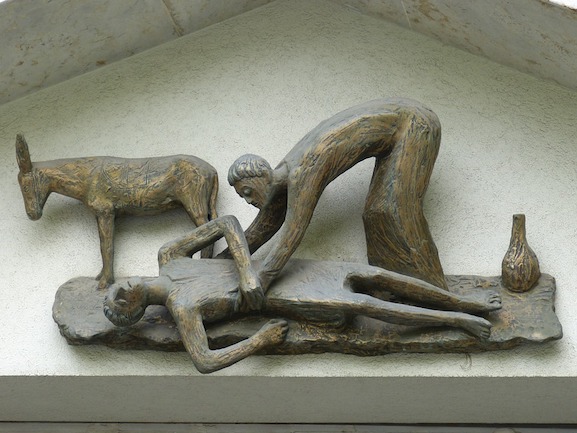Forgiveness: Very simple or highly complex By Bill Adams for The Christian Post
Many have heard of “The Nazi Hunter,” Simon Wiesenthal. He’s famous for tracking down Nazi perpetrators of the Holocaust and bringing them to justice. Fewer know of Wiesenthal’s wrestling with the conundrum of justice versus…
Forgiveness.
The beginnings of his inner struggle are documented in his 1969 book The Sunflower: On the Possibilities and Limits of Forgiveness. The author tells of when he was a Polish-Jewish concentration camp prisoner, assigned as an orderly, disposing of medical and human waste at a German field hospital.
Unexpectedly, a young SS soldier, near death from his wounds, summons Wiesenthal to his bedside. He proceeds to confess all his trespasses, including aiding in the murder of 300 Jewish women and children who had been herded into a house, set ablaze, and gunned down when they tried to escape the hellish flames.
This German soldier seeks forgiveness from a Jew.
His final words to the prisoner are, “I know that what I am asking is almost too much for you, but without your answer I cannot die in peace.” Mentally dazed from malnutrition, cruel treatment, and the surreal nature of this confession, Wiesenthal is dumbfounded as to what to say or do. In the end, he says nothing, leaves the room, and spends the rest of his life wondering what he should have done.
First asking his prison mates, then professional colleagues, and finally thinkers around the globe from every walk of life, Simon Wiesenthal spent decades in a relentless quest to understand forgiveness. The result is The Sunflower. There he documents the many responses to the questions that tormented him…
Should he have forgiven the dying soldier?
What could he have even said that would absolve the man’s guilt?




